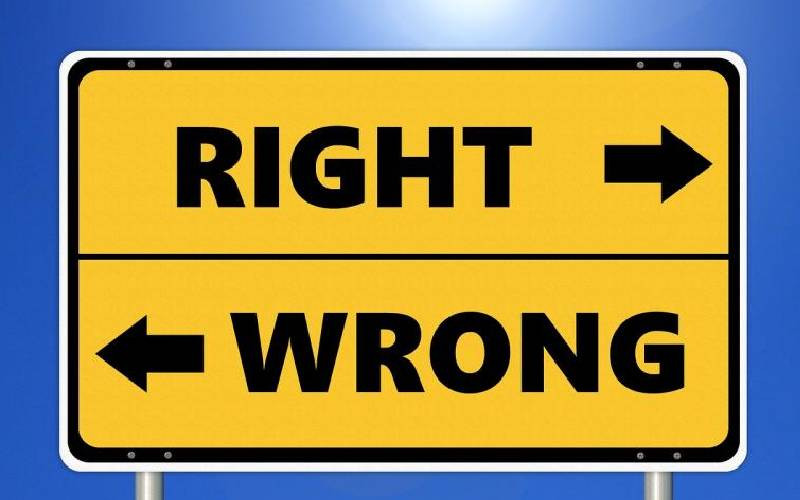×
The Standard e-Paper
Join Thousands Daily

The values song must stay on repeat mode. It must be sung until its chorus becomes the voice in the heads of Kenyans.
The values album must gain so much airplay that it becomes the default whistling tune for the nation. The values song needs to indefinitely overtake the shillings song on the charts. When the shilling leads, vice is its chief cheerleader. Money is a good servant but an evil god.